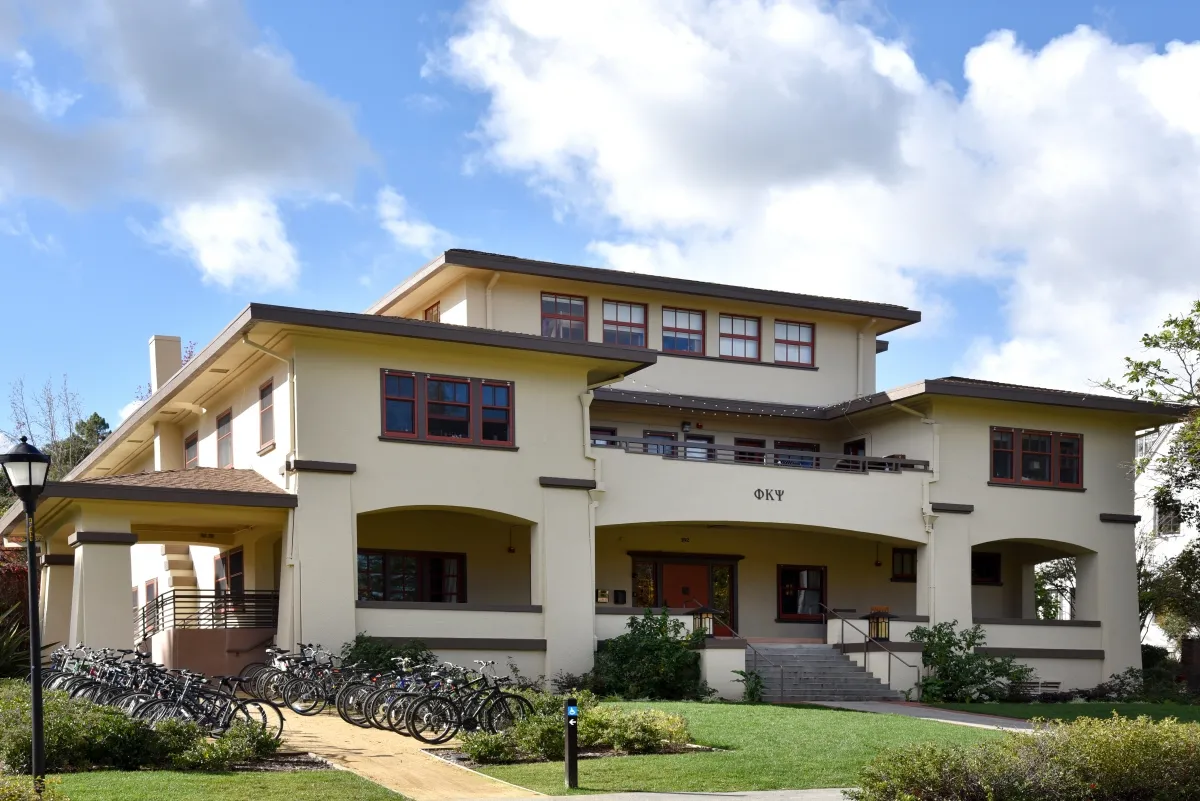Table of Contents
This week, Phi Kappa Psi canceled a dinner with Phi Psi alumnus and Palantir founder Joe Lonsdale (Lonsdale is a former editor-in-chief of The Review, though he was not consulted prior to publishing this piece). Lonsdale’s experience as founder of Palantir, a data analysis company, and 8VC, a venture capital firm, makes him an obvious candidate for a fraternal event on technology and entrepreneurship. But past accusations of sexual assault doomed his invitation. After a flood of Facebook posts and tweets, the organizers cancelled the event.
The allegations against Lonsdale were for gruesome physical abuse and emotional manipulation, and they were deservingly investigated. Campus activists, however, accept these accusations merely for having been made. They are either unaware of the full facts of the case because of the shortcomings of campus Title IX proceedings or, worse, are choosing to hide these complexities. While the concerns of sexual assault survivors should never be dismissed, Stanford’s community should rely on evidence.
The Lonsdale case was adjudicated after the 2011 reform of Title IX, requiring only a “preponderance of evidence” to determine guilt. We at The Review argued that this standard of proof was too low and would threaten the rights of the accused and the outcomes for victims by delegitimizing the results of investigations. But even by these lower standards of proof, Lonsdale was exonerated.
The saga between Lonsdale and a student, Ellie Clougherty, is long and complex and not the typical collegiate assault allegation. We encourage you to read the whole story. In short, the two were introduced in New York, before Lonsdale was Clougherty’s “mentor” in an undergraduate class, Engineering 145. The two then dated for about a year. After the relationship ended, Clougherty filed a lawsuit in 2015 accusing Lonsdale of repeated rape and emotional abuse. After two investigations — one finding that he had violated the ban on student-mentor relationships by keeping the relationship secret, and a second finding him guilty of sexual misconduct — Stanford prohibited him from mentoring undergraduates, for the first finding, and banned him from campus, for the second finding, with both punishments lasting 10 years.
Later that year, Lonsdale filed a countersuit and Stanford reversed its finding of sexual harassment and misconduct, based on new email evidence which cast doubt on Clougherty’s claims. In a sworn deposition, a former close friend of Clougherty also refuted parts of her story and her credibility. Lonsdale and Clougherty have since settled on terms they agreed not to disclose.
Accusing Lonsdale of violating the policy about relationships between mentors and students is one thing, and that offense isn’t contested. But activists write that Lonsdale was “found responsible by Stanford for engaging in sexual misconduct and harassment” and imply that he is still considered guilty of something far more heinous than a consensual relationship between a 29-year-old industry leader and a 21-year-old student. How can sexual assault ever be fairly adjudicated if those who care most about the issue don’t represent it fairly?
Some critics of the Lonsdale event also argued that his founding of Palantir, which provides “mission critical” tech to Immigration and Customs Enforcement (ICE) in their mission to deport illegal immigrants, is justification for revoking an invitation. This is just absurd. Why not invite a discussion with the figure whose company is shaping tech that will likely proceed whether Palantir builds it or not? With open debate, students could ask Lonsdale why Palantir works for ICE. If students are going to find common ground or strategies to address difficult issues, surely more discourse is needed, not silence.
The Lonsdale-Clougherty case is unusual and somewhat murky. “I came to understand the story as more multifaceted and complex than I had initially thought,” Emily Bazelon at The New York Times Magazine reflected. Though sexual assault cases are notoriously difficult to prove, Stanford’s Title IX investigator acquitted Lonsdale and Stanford only sanctioned him for not disclosing a relationship with a student. He should be treated as such, or else the Title IX proceedings are a sham.
Lonsdale is slated to speak at a Stanford Federalist Society event in the spring; the community faces a fair argument in determining if any teacher who had an undisclosed consensual relationship with a student should be banished from campus. But hopefully activists won’t again succeed in pushing a student group to disavow an alumnus based on dismissed charges.









